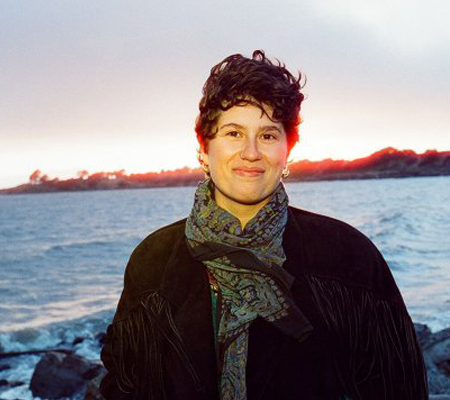Originally published: Birth Debate
As a birth worker, or “doula” I provide non-medical support to birth givers and their families through pregnancy, birth and postpartum.
My work is by nature highly personal yet also undoubtedly and sometimes violently political. The way I see it, the nature of progressive politics within any society can be measured by how that society treats and thinks about pregnancy, birth and mothering.
As a radical birth worker I am interested in looking at where and how birth workers can fit into this political dialogue. Instead of framing my activism solely around a challenge to “medicalization” (though it is absolutely necessary to question advancing technocratic birth) I am interested in how birth workers can uniquely contribute to social justice politics through challenging intersecting forms of oppression that arise in the reproductive context, yet which are not restricted to the birthing room. These forms of discrimination, experienced most intensely by marginalised communities, may relate amongst many other things, to class, sexuality, native language, immigration status, race, physical ability, age or religion. Most people do not question the care they receive and some may even expect to be violated at birth.
When I think about my role as both an activist and birth worker one thing I often reflect on is the way capitalism has stunted our radical imagination. What this means is a foreclosure of our ability to question and to collectively organise against injustice. How can we change the system that structures our lives if we cannot imagine anything outside it? In birth this shows up not only through institutionalised control over how, where and with whom we give birth but also through our inability to envision alternatives to standardised models of care. Most people do not question the care they receive and some may even expect to be violated at birth.
This may sound harsh but I point out that when someone carries out a procedure without explanation or consent that is violation. When someone touches another’s body without consent that is violation. This does not happen everywhere, but it does happen, especially against those whose voices are repeatedly disregarded throughout society. In birth, people learn to practice self-denial, submissiveness and are frequently coerced into paradigms of care that reflect the needs and experiences of privileged, white, hetero-normative and cis abled-bodied women whilst making invisible other experiences or needs.
Yet as mediators and advocates we can use our unique position as ‘insider-outsiders’ – usually working in hospitals but not for hospitals – to purposefully engage and challenge systems of power and authority. Birth acts as an entry point into a much deeper conversation about intersectional social justice and human flourishing born through radical care. The role of the birth worker becomes that of an “interruption” – a person who asks questions, pushes back against abusive care and helps to plant seeds of a new story with the families they work with. These stories seek to centralise the voice of the birth giver, reminding them that their voice and existence matters – that they are enough, in birthing, and in all aspects of their lives.A struggle over the reproduction of life itself.
It is through reclaiming autonomy over our reproductive bodies, and honoring the rich diversity of our sexual and reproductive needs that we begin to work against processes of dehumanization. Birth workers enter this struggle through elevating the voice and worth of all birth givers whilst simultaneously working to shift cultural narratives that value certain bodies at the same time as they disregard others.
Even if you don’t have children or never intend to have them my hope is to show that this work is about much more than the moment of birth. A birth giver who empowers themselves through birth aids an essential process of self-determination and re-humanisation that can extend far beyond the birthing room. Here acts of political resistance are not separated from the process of transformation that is birth. Birth workers can usefully contribute to these struggles because our work reaches to and animates the essence of all human struggle – a struggle over the reproduction of life itself.
Alana Apfel’s book Birth Work as Care Work: Stories from Activist Birth Communities was published with PM Press this year and is available online or directly through the author. Alana’s email is [email protected]. She would love to hear from you.

